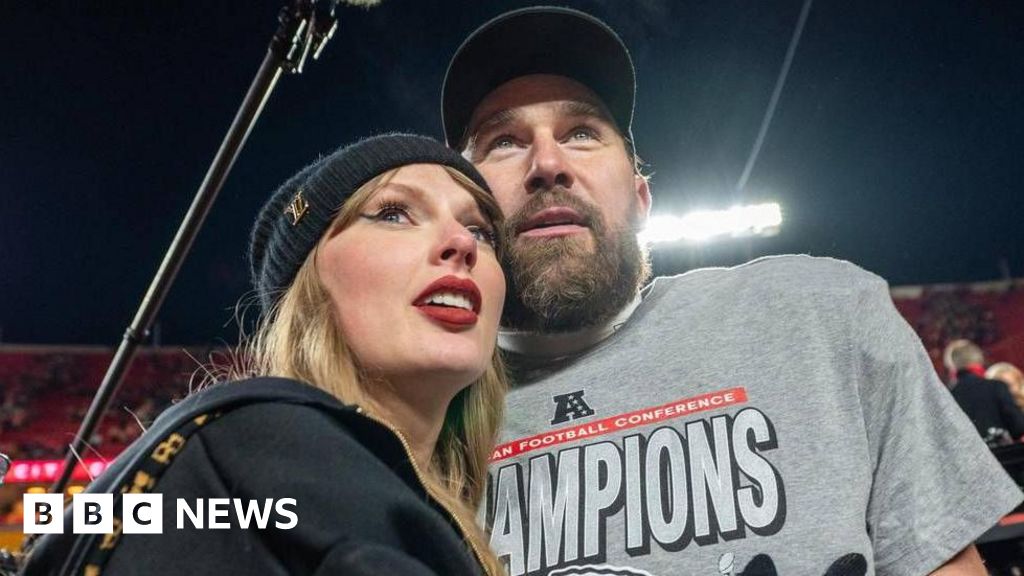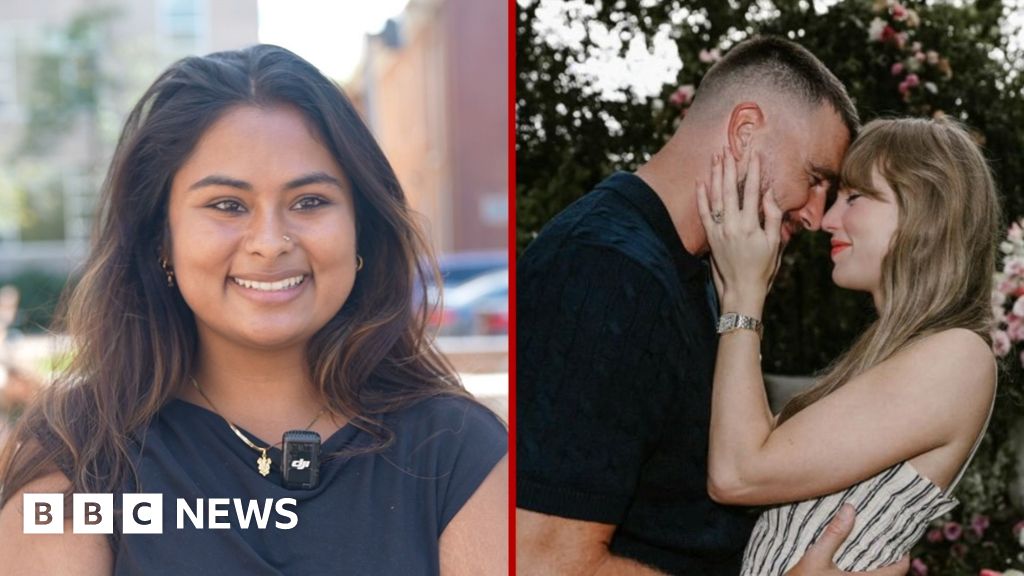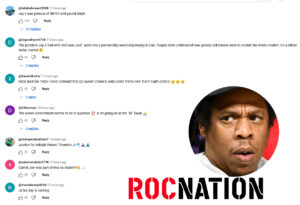Taylor Swift has triumphantly announced the completion of her quest to reclaim the rights to her first six albums, effectively bringing an end to an extended struggle over ownership of her music. "All of the music I've ever made now belongs to me," Swift wrote on her official website, revealing her emotional response to the news: "I've been bursting into tears of joy... ever since I found out this is really happening."
The battle began in June 2019 when Scooter Braun acquired Swift's former label, Big Machine Records, gaining the rights to her early works, including Taylor Swift, Fearless, Speak Now, Red, 1989, and Reputation. Swift has publicly criticized Braun for being complicit in the "manipulative bullying" she experienced from Kanye West, one of his high-profile clients. "To say this is my greatest dream come true is actually being pretty reserved about it," she stated in her announcement, reminiscing about her long-held aspiration to own her art.
Swift clarified that this reclamation had often felt unattainable, but she was grateful for her fans' support, which helped her navigate the complex emotions tied to her musical legacy. "I was discouraged after years of having the carrot dangled and then yanked away," she shared, relieved that this chapter is now behind her.
The ownership of master recordings is crucial within the music industry. Those who hold the masters possess the power to dictate how their music is distributed and licensed, providing a vital form of protection for future usage. While artists still earn royalties, controlling the master recordings safeguards their creative work.
Swift's initial reaction to the loss of her masters was to initiate a re-recording project to diminish their value, ultimately giving her greater ownership. To date, she has successfully released four re-recorded albums, branded "Taylor's Versions," which have been warmly received by fans and critics alike. Currently, Swift acknowledges that the process is still ongoing.
In detailing her re-recording efforts, she noted that the Reputation album proved to be particularly challenging given its personal context, addressing her public image during a tumultuous period. "I thought it couldn't be improved by re-doing it," she admitted, causing delays in its completion. However, she hinted at the possibility of releasing vault tracks from the album soon.
Reflecting on her experience, Swift has also emphasized the importance of artists controlling their own work. "It's crucial for artists to have the first right of refusal to buy their masters," she remarked to Billboard back in 2019. Many of Swift's struggles prompted broader conversations within the industry, leading to changes in how new artists negotiate their contracts.
After the acquisition by Braun, the dispute became more pronounced as he later sold part of her catalogue to Shamrock Holdings, further complicating Swift's relationship with her original music. As ownership of her masters is now reassured, she expressed her anticipation of sharing her original recordings more broadly, echoing her desire to maintain control over her legacy.
Furthermore, Swift shared that her reconnecting with her previous work inspired her wildly successful Eras Tour, generating over $2 billion in ticket sales. "The success of the Eras Tour is why I was able to buy back my music," she stated, reinforcing the idea that her journey and challenges were not just personal but part of a larger narrative affecting artists within the industry.
As Swift turns a new page, she remains hopeful that her situation inspires other musicians to prioritize owning their own masters. "Thank you for being curious about something that used to be thought of as too industry-centric for broad discussion," she wrote, leaving a lasting message of empowerment for current and future generations of artists.
The battle began in June 2019 when Scooter Braun acquired Swift's former label, Big Machine Records, gaining the rights to her early works, including Taylor Swift, Fearless, Speak Now, Red, 1989, and Reputation. Swift has publicly criticized Braun for being complicit in the "manipulative bullying" she experienced from Kanye West, one of his high-profile clients. "To say this is my greatest dream come true is actually being pretty reserved about it," she stated in her announcement, reminiscing about her long-held aspiration to own her art.
Swift clarified that this reclamation had often felt unattainable, but she was grateful for her fans' support, which helped her navigate the complex emotions tied to her musical legacy. "I was discouraged after years of having the carrot dangled and then yanked away," she shared, relieved that this chapter is now behind her.
The ownership of master recordings is crucial within the music industry. Those who hold the masters possess the power to dictate how their music is distributed and licensed, providing a vital form of protection for future usage. While artists still earn royalties, controlling the master recordings safeguards their creative work.
Swift's initial reaction to the loss of her masters was to initiate a re-recording project to diminish their value, ultimately giving her greater ownership. To date, she has successfully released four re-recorded albums, branded "Taylor's Versions," which have been warmly received by fans and critics alike. Currently, Swift acknowledges that the process is still ongoing.
In detailing her re-recording efforts, she noted that the Reputation album proved to be particularly challenging given its personal context, addressing her public image during a tumultuous period. "I thought it couldn't be improved by re-doing it," she admitted, causing delays in its completion. However, she hinted at the possibility of releasing vault tracks from the album soon.
Reflecting on her experience, Swift has also emphasized the importance of artists controlling their own work. "It's crucial for artists to have the first right of refusal to buy their masters," she remarked to Billboard back in 2019. Many of Swift's struggles prompted broader conversations within the industry, leading to changes in how new artists negotiate their contracts.
After the acquisition by Braun, the dispute became more pronounced as he later sold part of her catalogue to Shamrock Holdings, further complicating Swift's relationship with her original music. As ownership of her masters is now reassured, she expressed her anticipation of sharing her original recordings more broadly, echoing her desire to maintain control over her legacy.
Furthermore, Swift shared that her reconnecting with her previous work inspired her wildly successful Eras Tour, generating over $2 billion in ticket sales. "The success of the Eras Tour is why I was able to buy back my music," she stated, reinforcing the idea that her journey and challenges were not just personal but part of a larger narrative affecting artists within the industry.
As Swift turns a new page, she remains hopeful that her situation inspires other musicians to prioritize owning their own masters. "Thank you for being curious about something that used to be thought of as too industry-centric for broad discussion," she wrote, leaving a lasting message of empowerment for current and future generations of artists.





















